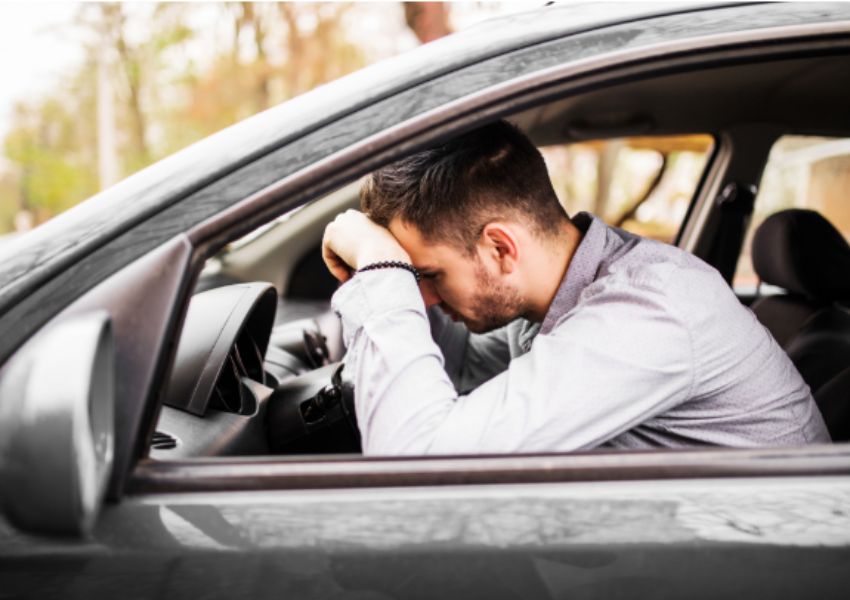Rideshare services have become integral to modern transportation, offering convenient and affordable alternatives to traditional taxis. However, the rise in popularity of these services has also led to an increase in the number of accidents involving rideshare vehicles.
When a rideshare accident occurs, determining who is liable can be a complex process involving multiple potential parties. Rideshare accident lawyers at Franklin D. Azar & Associates can help you navigate these legal complexities and seek compensation for your injuries and losses.
The Rideshare Driver
If a rideshare driver’s negligence directly causes an accident, they are typically held primarily liable for the resulting damages. This means that the driver’s personal insurance policy is often the first source of compensation for injured victims.
However, in some cases, the driver’s insurance coverage may be insufficient to cover the full extent of the damages, and other parties may seek additional compensation.
The Rideshare Company
Rideshare companies are generally vicariously liable for the actions of their drivers. This means the company can be held responsible for accidents caused by their driver’s negligence. However, the company may also be liable if it fails to exercise reasonable care in hiring, training, or supervising its drivers.
For instance, if the company knew or should have known that a driver had a history of reckless driving or other safety violations, it could be held liable for accidents caused by that driver’s misconduct. In such cases, the rideshare company’s insurance policy typically provides coverage for claims against the company.
Third-Party Drivers
If a third-party driver’s negligence causes a rideshare accident, their insurance policy will typically be the primary source of compensation for the injured parties. This is similar to any other car accident involving non-rideshare vehicles.
Depending on the specific circumstances of the accident, the injured party’s own insurance coverage may also provide additional compensation.
Vehicle Manufacturers
Vehicle manufacturers can be held liable for accidents caused by defective parts or design flaws. This is known as product liability. Suppose a manufacturer knows or should have known about a vehicle defect and fails to take reasonable steps to address it. In that case, they may be held responsible for the resulting damages.
Product liability laws vary from jurisdiction to jurisdiction, but they generally require the injured party to prove that the defect was a substantial factor in causing the accident.

Road Maintenance Entities
If hazardous road conditions cause a rideshare accident, the entity responsible for maintaining the road may be liable. This could include government agencies, municipalities, or private contractors.
To prove liability against a road maintenance entity, the injured party must typically show that the entity had a duty to maintain the road, that the entity breached that duty, and that the breach caused the accident. Proving causation in road maintenance cases can be challenging, as multiple factors may be contributing to the accident.
Final Thoughts
If you have been involved in a rideshare accident, the best thing you can do is hire an experienced lawyer. The lawyer will guide you through the complex legal process and get you the compensation you deserve.






